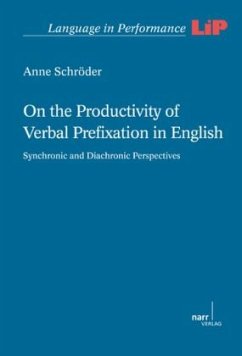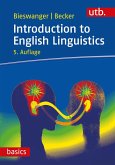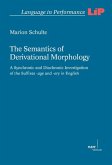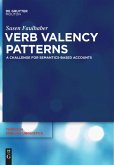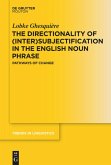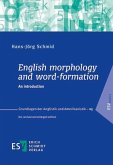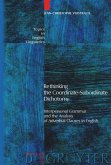One of the most far-reaching changes that has been observed for the English language was its progressive transformation from a highly inflectional language to a more analytic one. As a case in point, the postposition of the particle in particle verbs, as in to go out, has been interpreted to have triggered the unproductivity of the synthetic verbal prefix system, i.e. of verbs such as the now obsolete to outgo. Nevertheless, neologisms such as to upskill seemingly suggest a revival of this morphological pattern. Some of the questions which arise are thus: Is prefixation really an unproductive pattern of English verb-formation? Do the recent creations therefore indicate a revival of this pattern? Why has this type of verb-formation possibly been revived lately? To answer these questions, this study investigates the morphological productivity of prefix verbs by using different methods of measurement: on the basis of the OED, on the basis of various diachronic and synchronic corpora, and on the basis of elicitation tests.
Hinweis: Dieser Artikel kann nur an eine deutsche Lieferadresse ausgeliefert werden.
Hinweis: Dieser Artikel kann nur an eine deutsche Lieferadresse ausgeliefert werden.
